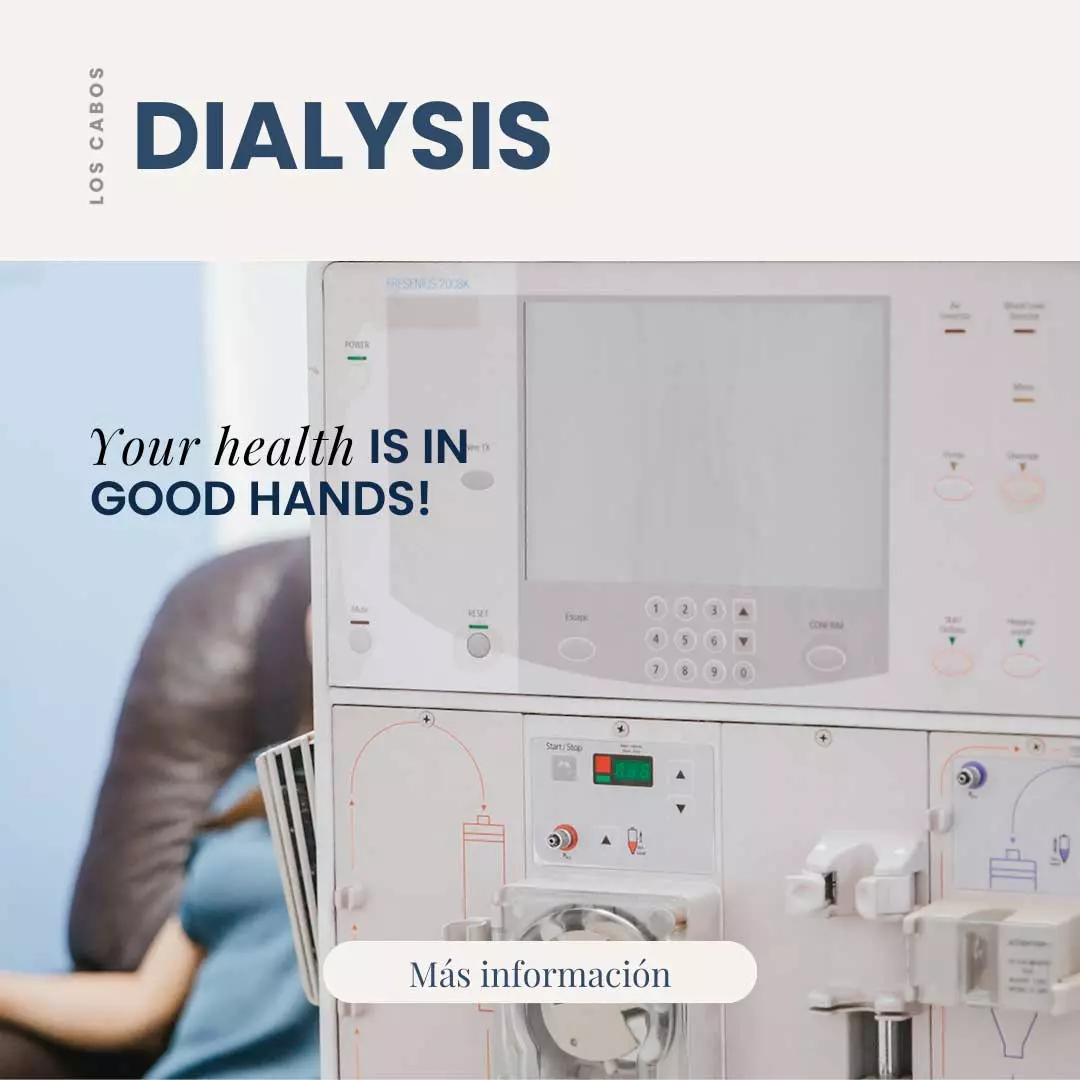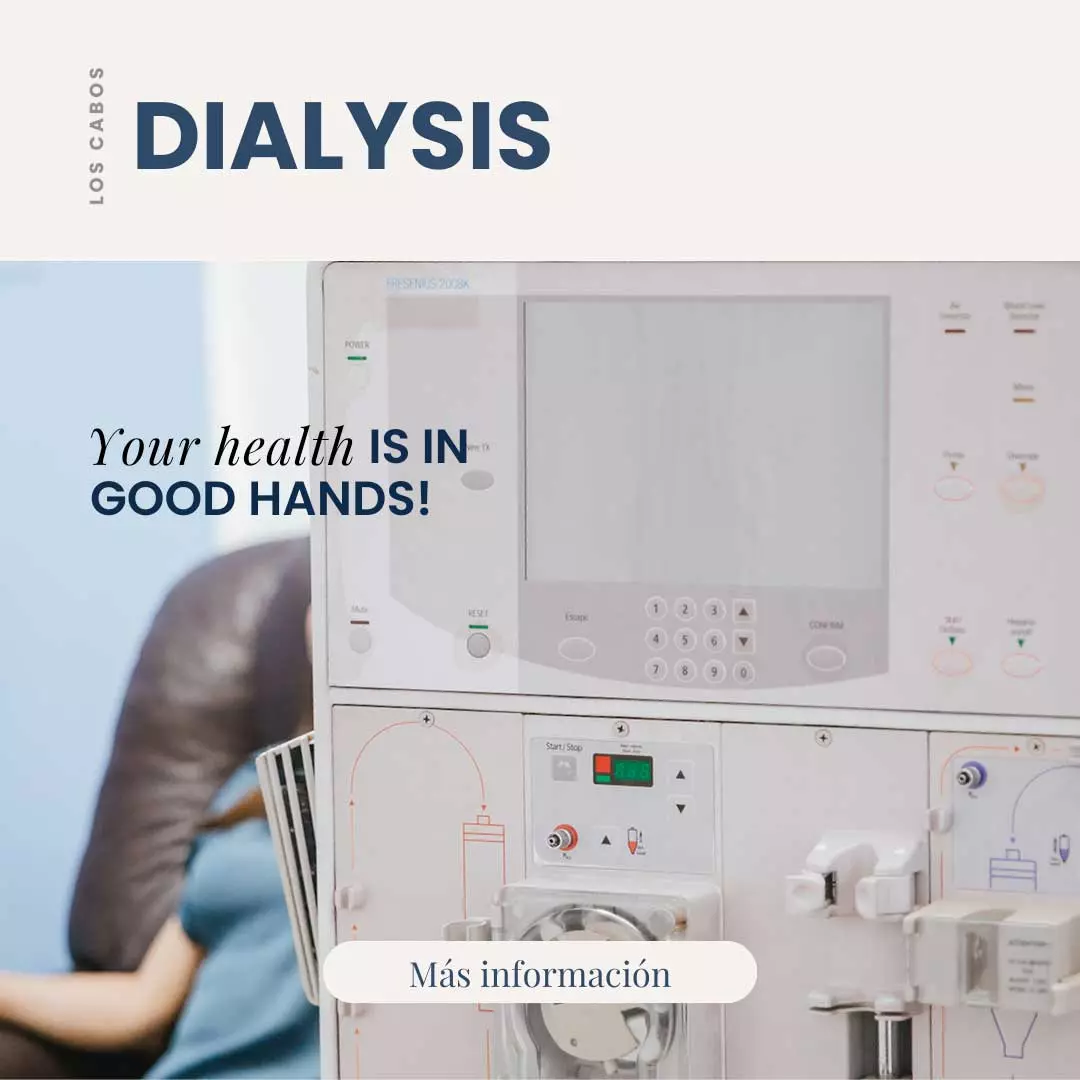
How to Choose the Best Health Insurance for You
Would you like to purchase a health insurance policy, but you don't know where to start? Here, you will find useful information.

Good health is one of the most valuable aspects of our lives, and having Health Insurance for yourself and/or your family can make a significant difference in times of emergency or illness.
Health Insurance provides financial protection by covering a large proportion of healthcare costs. With your policy, you will have access to a network of hospitals and specialist doctors, along with additional services that can facilitate the medical care and recovery process.
Would you like to purchase a health insurance policy, but you don't know where to start? Here, you will find useful information. Even though it might be a complex task, the main goal is to choose a health insurance that covers your specific needs.
What should you ask before choosing health insurance?
When selecting a Health Insurance, it's crucial to ask the right questions to be certain it fits your needs. Here are some key questions you should ask your insurance provider and or broker:
-
What is the insurance coverage?
Be sure you understand the coverage limits, minimum and maximum amounts, and the specific conditions of the plan. Ask if the coverage includes hospitalization, surgeries, medication, preventive care, and specialized treatments.
-
What additional services are included?
Some Health Insurance Plans offer additional benefits, such as phone consulting services, wellness programs, discounts on medications or home care services. Find out which extra services could be beneficial for you.
-
What is the waiting period to use the insurance policy?
The waiting periods mean those periods of time specified in the policy (starting from the date the policy is issued) in which the insurance company does not provide coverage for expenses related to the treatment or medical care of certain specific illnesses or medical conditions. A very common waiting period is associated with Maternity. It is common to find a 10-month waiting period on your health insurance policy.
-
Are there significant exclusions or limitations?
Read the terms and conditions of the Health Insurance policy carefully to understand exclusions and limitations. Some plans might not cover certain pre-existing conditions, experimental treatments, or cosmetic procedures, among others.
-
What is the deductible amount and the monthly premium?
Deductible
The deductible is a fixed amount that the insured must pay as a result of each illness or accident that occurs (some insurance companies offer a zero deductible for accidents). The insurance company will cover medical expenses from the amount that exceeds the deductible.
The insurer will not pay for medical expenses for amounts equal to or lower than the deductible. You can find the deductible stipulated on the cover of your contracted health insurance policy.
You can often choose the amount or percentage; the lower this percentage, the higher the premium, and vice versa.
Monthly Premium
The premium is the cost of the policy, which the insured pays to the insurance company (either monthly or yearly). It is calculated based on all the benefits stated in the health insurance policy.
-
Which hospitals and doctors are included in the network?
Verify which hospitals and doctors are affiliated with the Health Insurance company and policy. Make sure the provider network includes quality options and is conveniently located close to your home or workplace.
-
What is the co-payment amount?
Co-payment is a percentage that you agree to when contracting your insurance policy. It is the amount you will have to cover for each illness or accident based on the covered expenses after paying the deductible.
Some insurance companies offer you the option to set a maximum limit for co-payment. This means that there is a cap, a maximum amount you are responsible for covering in each illness or accident. This is especially useful in serious cases where expenses are high, since having a capped co-payment will limit your responsibility to pay.
-
When will my renewal and premium adjustment be due?
Most health insurances operate on an annual renewal cycle, meaning that at the end of each year, the policy must be renewed.
It is critical to verify the insurance company renewal conditions and understand whether there is a possibility for a premium adjustment. Some insurance companies may increase the annual premium due to factors like inflation, the beneficiaries ages, or claim history. Carefully review premium adjustment clauses and understand how they may affect your long-term expenses.
-
What customer service do they have, and is there a designated insurance agent?
Customer service is a vital aspect when considering Health Insurance. Do your research on the insurance company reputation and read other customers' reviews to assess the quality of their customer service. This includes responsiveness, problem-solving efficiency, and clear communication.
-
What's the payment method? Direct payment or reimbursement?
Direct payment means that the insurance company has agreements with a network of medical providers and, in case you need medical attention, the insurance company will pay the provider (meaning commonly, hospital and doctors) directly the costs covered by the policy. This provides convenience to the insured, as there is no need to make upfront payments and then request reimbursements.
On the other hand, the reimbursement method requires that the insured pay for medical services and then submit the necessary bills and documents for the insurer to reimburse the covered expenses. In this case, it's important to understand the procedures and requirements for submitting reimbursement claims.
Additional aspects when hiring your health plan
Aside from the previous questions, there are other aspects that you should consider when hiring a health plan. Here are our recommendations:
-
Read opinions and experiences of other insured
Look for online reviews or talk to people with experience with the insurance you're considering. This will help you gain a broader perspective on the service quality and customer satisfaction.
-
Evaluate your personal medical needs
Consider your medical history, your current health conditions, and your family's medical care needs. Be sure that the health insurance you choose covers specific conditions or treatments that you may require.
-
Compare different insurance options
Request quotes and compare the different options available in the market. Carefully evaluate the benefits, costs, and conditions of each plan to determine which one best suits your needs and budget.
You're now ready to get your Health Insurance!
Remember, choosing the best Health Insurance involves considering several factors and making an informed decision. Don't spare on your and your family’s health and well-being. Do your Research, compare, and choose the health insurance that gives you the peace and protection you deserve.
At BlueNetHOSPITALS, we understand the importance of adequate health insurance coverage and are committed to helping you in this process. We work with most domestic and international insurance companies, making our services, wide range of specialties, and professional and human team available. We are here to provide you with the support you need in an emergency or illness.
BlueNetHospitals
Blue Net Hospitals - BlueNet Hospitals
Trending Topics
Health Insurance
Trending Topics
Septoplasty
Septoplasty is a highly effective procedure for correcting a deviated septum
Ulcerative Colitis
Ulcerative colitis is an inflammatory bowel disease (IBD) that causes chronic inflammation.
Prostate-Specific Antigen (PSA)
The level of PSA in the blood can provide valuable information about prostate health.
Emphysema
Emphysema symptoms can be subtle at first but tend to worsen over time.
Health Library
Health Insurance
- ¿Necesitas una cita con un Especialista?
- llámanos
- escríbenos
- Conéctate










